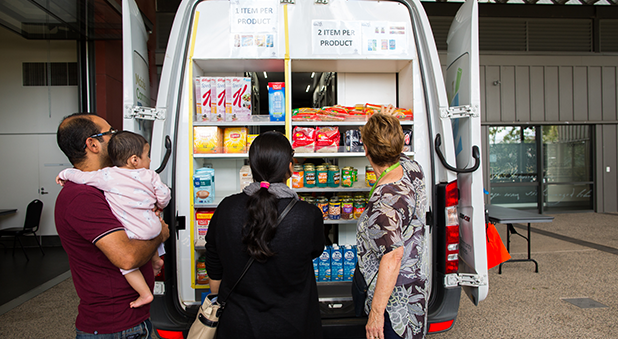New changes being rolled out by the Federal Government to its Status Resolution Support Services may leave up to 7,000 people seeking asylum nationwide without financial or other essential supports. A new model will require strict assessment of 12,000 asylum seekers, and those deemed work ready will have the basic safety net of support removed.
People seeking asylum on bridging visas cannot access mainstream supports including Centrelink. SRSS provides people seeking asylum with a small fortnightly payment, access to a caseworker, and other small supports. These people were also denied the right to work for their first few years in Australia, and some have since encountered added barriers in finding employment.
The Government has already withdrawn support from those who have sent money overseas to family, as well as those enrolled in full-time study, and wants to reassess every person seeking asylum who are on a bridging visa by the end of the year. Many people deemed work ready may have been looking for work for a long time. This assessment is occuring while people wait for their claims for protection to be assessed.
“This is a huge amount of stress for people in a vulnerable situation who won’t have access to anything,” says Ms Amelia Savage, asylum seeker outreach worker for Anglicare.
Without government assistance for people seeking asylum, those waiting for claims to be assessed will be reliant on the generosity of charities, community services and churches,
“Our biggest concern is that people won’t be able to support themselves in basic ways,” Ms Savage says. “This is a very dire situation and because this group is so vulnerable and has endured a lot already, there are also mental health risks. What’s happening is that the cost of looking after these people for the Government doesn’t disappear—it is shifted to the community and churches and charities.”
Mrs Jo-Ann Elvery, who works with St James’, Berala in cross-cultural ministry, believes these changes could leave a lot of people already struggling to find work in a worse position.
“Most asylum seekers I know want to be working,” she says. “Studying English or short term TAFE courses gives them a better prospect of employment, and is better for their long-term settlement in Australia. We would be doing the right thing if we gave them the best start in their new life.”
“Most asylum seekers I know want to be working,”
“This is hard for us [to watch] because we know and love these people,” Mrs Elvery adds. “This hurts the whole body of Christ. We’re concerned for their whole wellbeing, mentally, spiritually, emotionally and financially.”
There are several things Christians can do to make a difference right now, including praying, getting involved with community initiatives, and speaking to their local member of parliament.
“We do need to encourage Christians in churches everywhere, even if they’re not in direct contact with asylum seekers, to offer help in practical ways and be willing to get alongside them,’ Mrs Elvery says.
“We are very encouraged by people who pray. The asylum seekers are overwhelmed to know that people are praying for them and they are very grateful.”


.JPG)
.JPG)





















